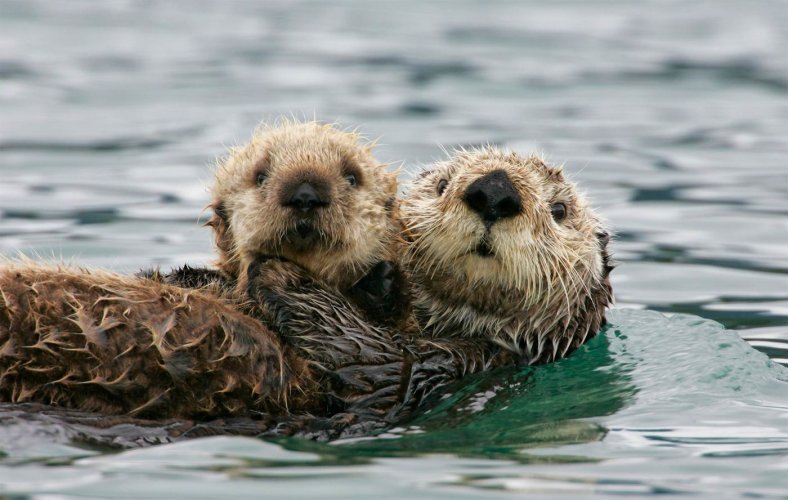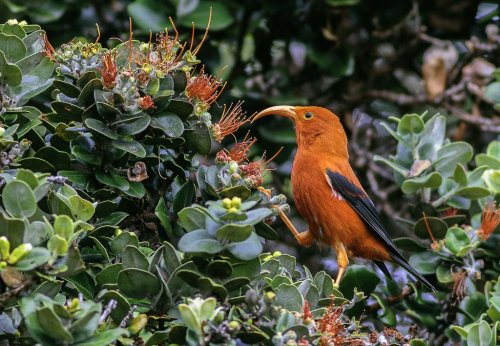A study published in the journal Science found that limiting the temperature rise to 2 ° Celsius would reduce the risk of mass extinction of marine biota by more than 70%.
If the global temperature rises by about 4.9 ° C by the end of the century and continues to rise, it will cause mass extinction at the level of the end of the Permian period, reports Bloomberg
Scientists say humanity still has time to prevent a global catastrophe.
"The future is not yet written. It is not too late to change the trend of greenhouse gas emissions to avoid mass extinction in the ocean due to climate change," he said. Justin Penn , a researcher at Princeton University and lead author of the study.
A study of fossils in the late Permian period 250 million years ago confirmed that oxygen-depleted seas and warming killed up to 96% of marine species.
Today ocean temperature is rising to record highs, and oxygen levels are falling.
"It has been proven that the same mechanism that causes species loss from anthropogenic climate change has caused extinction in the geological past," Penn said.
To estimate the likelihood of extinction, Penn and co-author Curtis Deutsch developed a model that simulated future climate change and included current assessments of marine animals' vulnerability to human-related threats such as pollution and overfishing. The researchers then calculated the level of oxygen depletion that would make the ocean uninhabitable for various species.
In a low-emission scenario that keeps temperatures rising to 2 ° C, they predicted that the rate of extinction would range from about 4% of natural level to 10%.
Even in the absence of climate change, researchers have estimated that between 10% and 15% of species are threatened with extinction due to ocean industrialization and other anthropogenic factors.
Natalie Butt, a researcher at the University of Queensland in Australia, explained that species extinction, even with low-emission models, can be devastating to the ocean and fisheries.
"One of the biggest potential and likely impacts will be the loss of ecosystem function in some marine ecosystems and the cascading effects of ecosystems, even if only a small proportion of species are lost," Butt said.
For example, the loss of prey may reduce the number of predators that regulate the health of marine ecosystems.
The study notes that the regions of the ocean most vulnerable to extinction due to climate are areas with low oxygen content, where some of the most productive fisheries in the world.
"The projected impact of accelerating climate change on marine biota is profound, increasing the risk extinction , and marine biological wealth is lower than it has been in Earth's history for tens of millions of years, "the researchers said.
We will remind, Norwegian the wolf is gone forever from the wild.
As EcoPolitics reported earlier, in Australia will build the "Black Box of the Earth", to warn humanity of the future.





